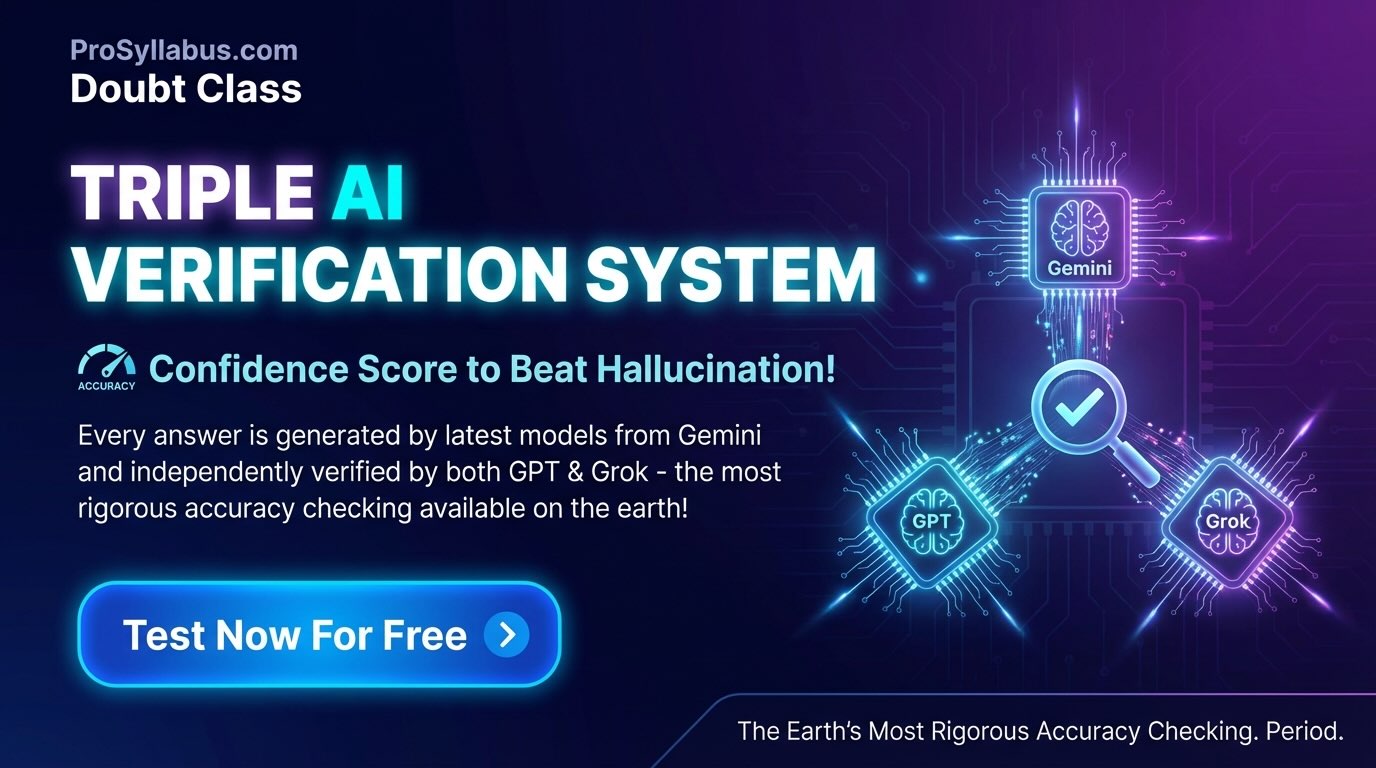Chemical Bonding and Molecular Structure – Interactive Quiz & Cheatsheet
Learn the principles of bonding, hybridization, and molecular geometry with an engaging quiz and quick-reference sheet
Updated: 5 months ago
Categories: Mini Game, Chemistry, Class 11, Physical Chemistry

Chemical Bonding & Molecular Structure Cheatsheet
Cheat Codes & Shortcuts
- Chemical Bond: Force that holds atoms together in compounds.
- Covalent Bond: Sharing of electron pairs (nonmetals).
- Ionic Bond: Transfer of electrons, forms ions (metal & nonmetal).
- Lewis Structure: Dots visualize valence electrons & bonds.
- Octet Rule: Atoms tend to have 8 electrons in their valence shell.
- Coordinate Bond: Both electrons in bond come from one atom.
- VSEPR Theory: Predicts shapes using electron repulsion.
- Hybridization: Mixing of atomic orbitals—sp, sp2, sp3.
- Molecular Polarity: Based on electronegativity difference and shape.
- Bond Order: Number of chemical bonds between two atoms.
Quick Reference Table
| Type | Description / Formula | Example / Note |
|---|---|---|
| Ionic Bond | Electron transfer, forms ions | NaCl: Na+, Cl- |
| Covalent Bond | Electron sharing between atoms | H2O: O shares with H |
| Lewis Structure | Dots for valence electrons | O2 has double bond |
| Hybridization | Merging atomic orbitals | CH4: sp3 |
| VSEPR Shapes | Geometry from electron repulsion | CO2: linear |
| Bond Order | (No. bonds)/(No. positions) | O2: order = 2 |
Advice
Step 1: Write Lewis dot structure to count electrons.
Step 2: Use VSEPR to determine molecular geometry.
Step 3: Assign bond order for strength/length prediction.
Step 4: Check for hybridization: sp, sp2, sp3 based on groups attached.
Step 5: Use electronegativity to assess polarity.
Chemical Bonding Quick Tips
- Ionic bond: Large electronegativity difference.
- Covalent bond: Small electronegativity difference.
- Octet rule: Applies to main group elements; exceptions: H, B, Be, transition metals.
- Hybridization: Count number of electron groups—2: sp, 3: sp2, 4: sp3.
- VSEPR: Predict shape from total electron pairs (lone + bond).
Chemical Bonding Speed Quiz
Test your speed with 5 chemical bonding questions! You have 30 seconds per question.
Question: 1/5
Time left: 30s
Quiz Complete!
Your Score: 0/5

Group Discussions
No forum posts available.


